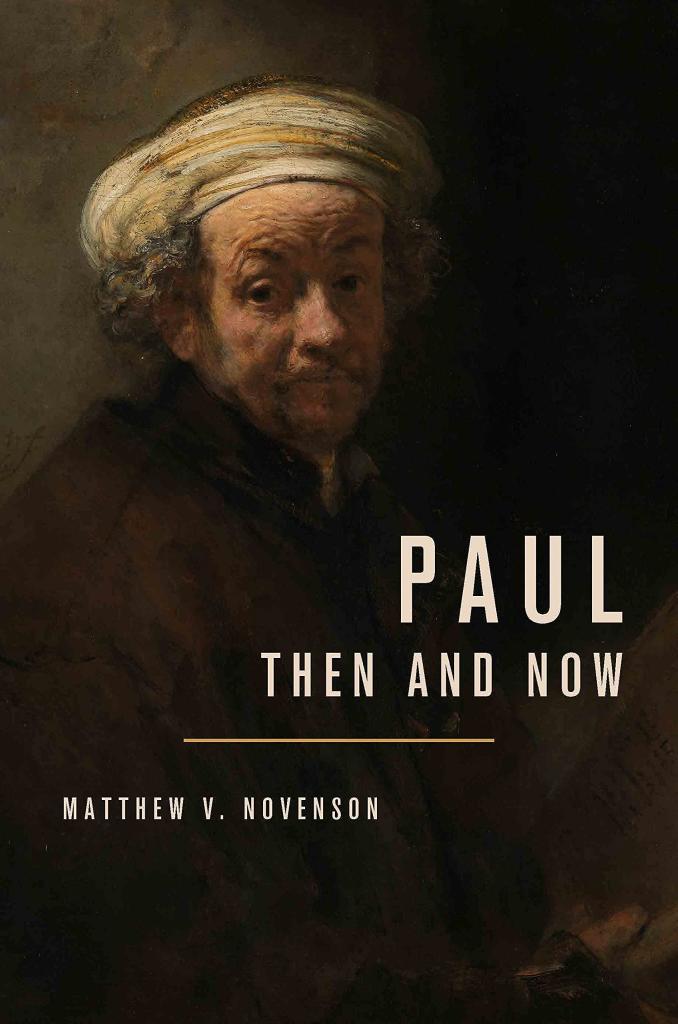Q. It’s clear you’ve read a lot of the recent Pauline scholarly work in the 21rst century, particularly that of the last 10-15 years. What strikes me about what’ve you read is the diversity of the material, and generally speaking not a lot of interaction with the scholars Jason Myers and I reviewed in Voices and Views on Paul. I am wondering about why you chose to interact with the volumes that you did choose to dialogue with?
A. That’s a fair observation. There is just far too much scholarship on Paul for any of us to engage with all of it, so one must make choices. I suppose one reason for the pattern you observe is that I wrote the book in the very recent past, so in the nature of the case it interacts with current scholarship, as well as select classic scholarship. In regard to some of the names you and Myers discuss: Sanders actually does loom large in my book, though Wright and Dunn do not, because I have some not insignificant disagreements with their 1980s–1990s “New Perspective” project. As for the so-called apocalyptic school (Käsemann, Beker, Martyn, De Boer, Gaventa, et al.), I discuss them in the book as (what I consider to be) the most interesting theological interpretation currently on offer. While I am myself quite interested in theological interpretation, this book of mine is much more historical; hence my choice of interlocutors. The same applies, mutatis mutandis, to Barclay and Chester, whom you and Myers also discuss (though Barclay, in particular, does appear relatively often in my book).













